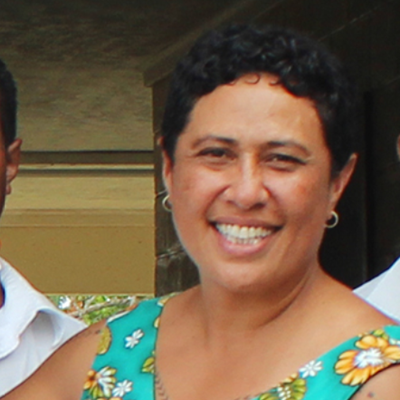
 The acceptability HPV testing for cervical cancer prevention in Samoa
The acceptability HPV testing for cervical cancer prevention in Samoa
Cervical cancer is recognised as a leading cause of mortality amongst women in the Pacific Region. Samoa does not have a national cervical cancer screening programme and currently performs any screening opportunistically. HPV DNA testing using self-collected samples is a promising intervention to decrease the burden of cervical cancer.
To better inform a decision around a potential cervical cancer prevention programme, this research aimed to examine the acceptability of self-sampling HPV DNA tests amongst health workers and women in Samoa and explore their views of a cervical cancer prevention programme.
The study interviewed six health workers, ten urban women and nine rural women. Interviews and focus group discussions were recorded, transcribed and analysed using thematic analysis to identify common themes.
Seven key themes identified were:
• the importance of education
• the significance of cultural beliefs and values
• the value of benefits
• the concerns with literacy and health literacy
• the need for options
• the different challenges that are faced
• empowerment.
Participants in this study found HPV self-sampling test acceptable and the level and depth of engagement by participants suggests Samoa is in a good position to develop a potential cervical cancer prevention programme that is likely to be met with enthusiasm by stakeholders of such a programme.
Collaboration team: Dr Malama Tafuna’i, Dr Rose Richards, Faumuina A/Prof Fa’afetai Sopoaga, A/Prof Merilyn Hibma, Dr Jo-Ann Stanton, Prof Beverley Lawton, Prof Stacie Geller.
This research was carried out by Dr Malama Tafuna’i, for her MMedSci(Otago) degree.
We gratefully acknowledge all of those who participated in and contributed to this study.
Click here to see Dr Tafuna'i's thesis.